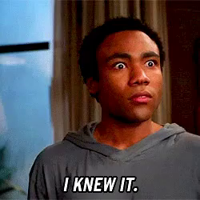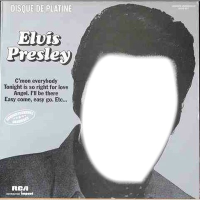Harold Finch MBTI性格类型
性格
"Harold Finch是什么人格? Harold Finch是MBTI中的INTJ人格类型,九型中的6w5 - sp/sx - 614,五大类型中的RLOAI,Socionics中LII类型。"
I thnik INTJ fits him better. His whole reason for becoming nobody was because of extreme-paranoia, most commonly found in Ni-Fi users. His paranoia is pure unhealthy Ni. He has no Fe. He stated at the end of the show (and is evident throughout) that he followed an internal code, rules that he cannot break, that is Fi-child. They are very childish and stubborn when it comes to their morals and their sense of right and wrong. Harold was very adamant about not breaking his rules. When it did happen, he was so broken that he literally went into reflection mode and stopped everything, rethinking his life and his purpose, this is what happens in Fi-reflection mode.























